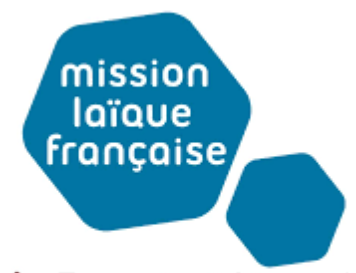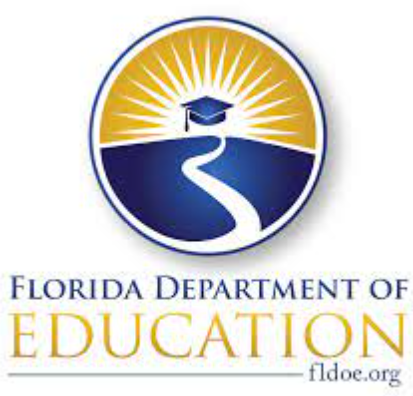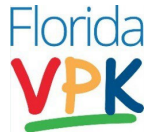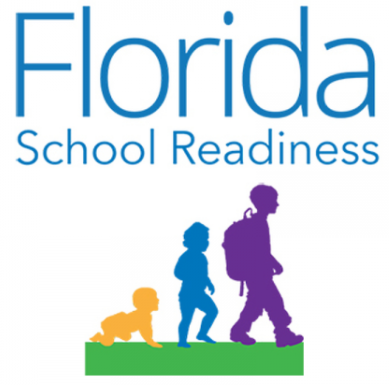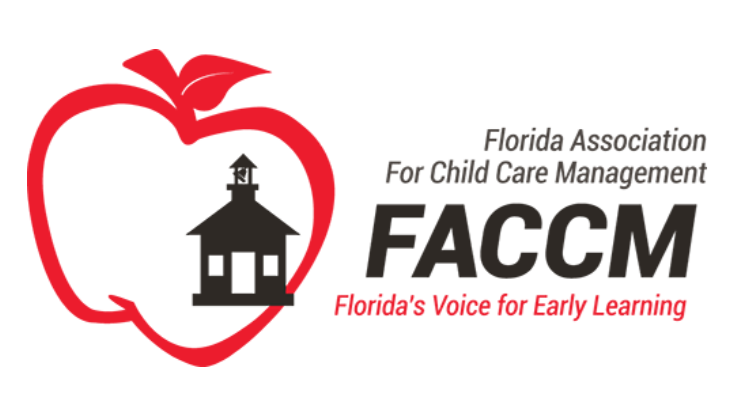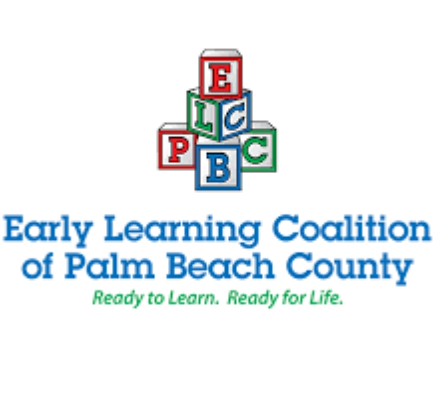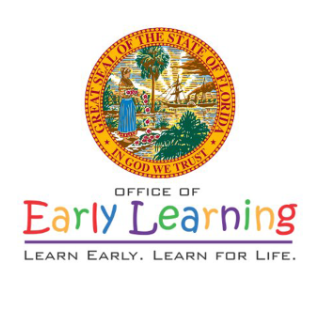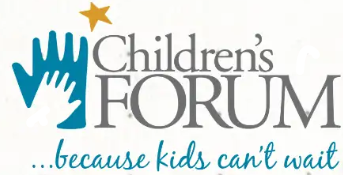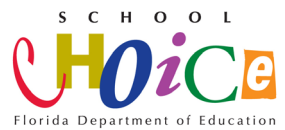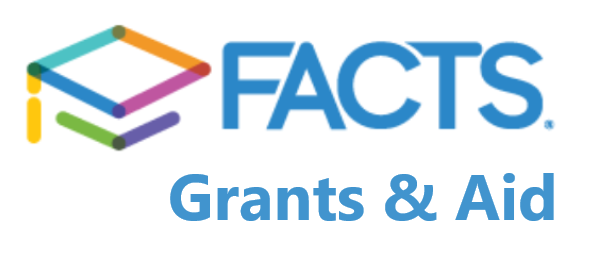A French Education
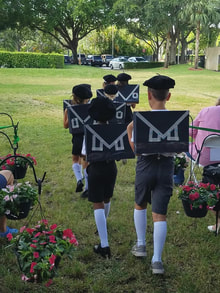
Presenting a National School System
The French educational system, well known for its rigorous curriculum, is organized in such a way that every school follows the same well defined program as set forth by the French Department of Education, le Ministère de l’éducation nationale. This means not only that every teacher receives the same high-quality training but also that every child in France, regardless of location or other demographics, can expect to receive the same high-quality education.
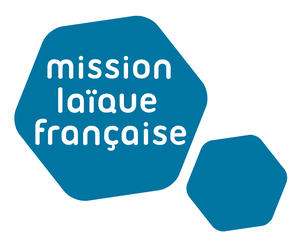
Developing into an International School System
It doesn’t stop there, for even children outside of France have the opportunity to receive this very same education should their parents be transferred or choose to move abroad. Indeed, thanks to the AEFE and the Mission Laïque Française, the two national agencies that ensure the quality of French education outside of France, some 500 international French schools are recognized as providing the same high quality program around the globe as schools back home in France.
It doesn’t stop there, for even children outside of France have the opportunity to receive this very same education should their parents be transferred or choose to move abroad. Indeed, thanks to the AEFE and the Mission Laïque Française, the two national agencies that ensure the quality of French education outside of France, some 500 international French schools are recognized as providing the same high quality program around the globe as schools back home in France.
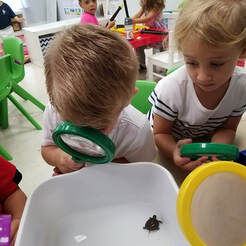
Creating Active Learners
French pupils begin their journey to education early, as young as 2 or 3 years old. Preschool in France is called La Maternelle and the objective of these introductory years is not academics; rather, it is to ensure children acquire all of the necessary skills to become curious and responsible students -- in other words, active learners. The success and strength of the French educational system are due to the solid preparation that the students receive and the attention to details they are taught in these three key skill areas: the social realm, the academic realm, and the artistic realm.
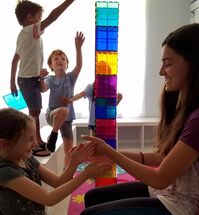
Prioritizing Social Skills
The specially trained teachers, known as "professeurs de écoles," follow the national curriculum which itself places much importance on social skills. Children learn how to be independent, how to cooperate with their classmates, how to be responsible, and how to question the world around them. Indeed, social skills are recognized to be as important as academic skills in preparing the youngest students for their educational journey.
The specially trained teachers, known as "professeurs de écoles," follow the national curriculum which itself places much importance on social skills. Children learn how to be independent, how to cooperate with their classmates, how to be responsible, and how to question the world around them. Indeed, social skills are recognized to be as important as academic skills in preparing the youngest students for their educational journey.
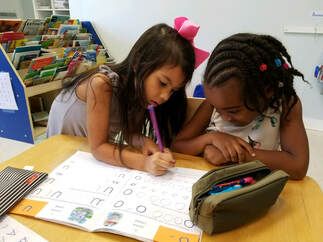
Building a Strong Academic Foundation
The mission of La Maternelle is the same as that of French school in general: to promote a common culture, a set of values that will in turn help each child develop to his/her full potential while being an active member of the community. As such, academic skills are taught in a precise and progressive way. The French educational system is well known for its detailed attention to foundation. Indeed children master a skill before being presented with the next one, as each skill is built upon the other.
Building a Strong Academic Foundation
The mission of La Maternelle is the same as that of French school in general: to promote a common culture, a set of values that will in turn help each child develop to his/her full potential while being an active member of the community. As such, academic skills are taught in a precise and progressive way. The French educational system is well known for its detailed attention to foundation. Indeed children master a skill before being presented with the next one, as each skill is built upon the other.
Navigating a Unique Organizational System
Once that foundation is laid, children are able to progress through the grades, from la Toute Petite Section (Pre-K2) through la Terminale (12th Grade) with ease and confidence. The French system differs from the American system in that grades are grouped several at a time into 5 Cycles:
Once that foundation is laid, children are able to progress through the grades, from la Toute Petite Section (Pre-K2) through la Terminale (12th Grade) with ease and confidence. The French system differs from the American system in that grades are grouped several at a time into 5 Cycles:
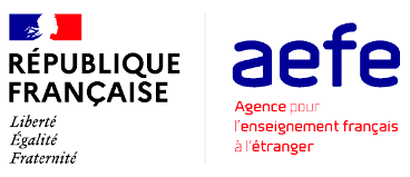
1. Le cycle des apprentissages premiers (Pre-K2 - Kindergarten)
2. Le cycle des apprentissages fondamentaux (Grades 1 - 3)
3. Le cycle de consolidation (Grades 4 - 6)
4. Le cycle des approfondissements (Grades 7 - 9)
5. Le cycle terminal (Grades 10 - 12)
Still, the main school divisions are the same as in the US: preschool (la maternelle), elementary school (l'école élémentaire), middle school (le collège), and high school (le lycée).
2. Le cycle des apprentissages fondamentaux (Grades 1 - 3)
3. Le cycle de consolidation (Grades 4 - 6)
4. Le cycle des approfondissements (Grades 7 - 9)
5. Le cycle terminal (Grades 10 - 12)
Still, the main school divisions are the same as in the US: preschool (la maternelle), elementary school (l'école élémentaire), middle school (le collège), and high school (le lycée).
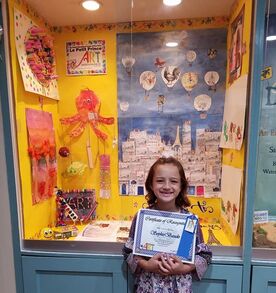
Giving Importance to the Arts
Finally, the French educational system greatly values the Arts, promoting creativity and a strong artistic culture. Children begin to study art, music, and art history at a very early age. The project-based, interdisciplinary approach allows teachers to build activities that bring together art, literature, writing, science, and history within the same project, further encouraging students to be active and curious learners, engaged in their own education.
Giving Importance to the Arts
Finally, the French educational system greatly values the Arts, promoting creativity and a strong artistic culture. Children begin to study art, music, and art history at a very early age. The project-based, interdisciplinary approach allows teachers to build activities that bring together art, literature, writing, science, and history within the same project, further encouraging students to be active and curious learners, engaged in their own education.
Delivering Quality at Home and Abroad
It is this interconnected organizational system and single curriculum program that explains how France, which has one of the largest networks of schools abroad, can ensure such a high quality education to all of its students, whether they live in Paris or Provence, Florence or Florida -- indeed, just about anywhere in the world.
Giving our Local Children a World-Renown Education
Our school is one of just 25 in North America selected and recognized by la Mission Laïque Française for providing the quality education of the French system in a nurturing setting that emphasizes communication, culture, and the arts.
It is this interconnected organizational system and single curriculum program that explains how France, which has one of the largest networks of schools abroad, can ensure such a high quality education to all of its students, whether they live in Paris or Provence, Florence or Florida -- indeed, just about anywhere in the world.
Giving our Local Children a World-Renown Education
Our school is one of just 25 in North America selected and recognized by la Mission Laïque Française for providing the quality education of the French system in a nurturing setting that emphasizes communication, culture, and the arts.


